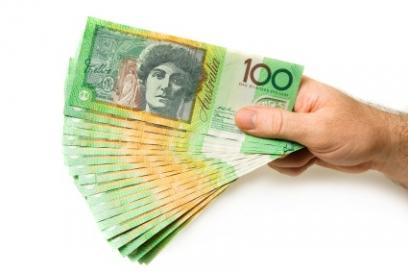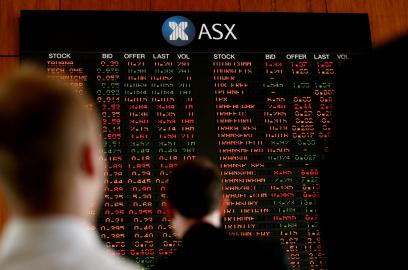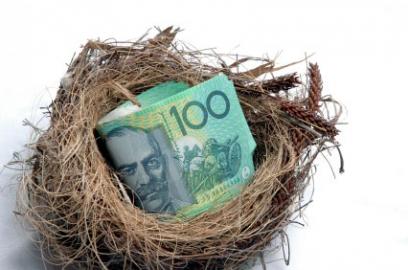
Are investment returns what you expect?
Is history a reliable guide to future investment returns? When doing long term cash flow projections for clients, it is necessary to make some “guesses” of future investment returns. Unfortunately, for the 50 year cash flow projections we do, the results are very sensitive to these guesses. If they prove too high, without any adjustments…

Special Forex Strategies For Trading News Events
Question: Are there special forex strategies for trading news events? Response: There are a few strategies that come to mind when trading news events. However, finding the style that fits one’s trading personality and tailoring it to meet different needs can help to curb the risk for loss while broadening the scope to profit from…

How does an active investor capitalise on changing times?
Fundamental analysts spend an inordinate amount of time with Microsoft Excel software trying to gauge the magnitude and direction of the future cash flow evolution of a company with detailed projections around revenue, margin and earnings trajectory. Yet over time, the lesson one learns is that, more often than not, it is what is not…

What are some of the advantages – and risks – of trading CFDs instead of shares?
Unlike traditional shares, CFDs are traded on leverage. Leverage lets you trade the markets using a small fraction of the total trade value. For a smaller initial investment you can take the opportunity to profit from market movements and diversify your trading strategy and portfolio. Potential gains can be magnified, as you only deposit a…

How much do I need to retire? (revisited)
The “Rule of 25” sets a daunting target, for many When we talk to prospective clients who are at or close to retirement, one of their inevitable questions is “Have I saved enough to retire?”. We explain that while we need to understand their situation in greater detail, our rule of thumb is that they…

How do you give financial help to your adult children?
As many of our clients approach or exceed their version of financial independence, it’s not unusual that they turn their attention to whether and how they can provide some financial assistance to their adult children. In Sydney, in particular, many believe that the only way their children will be able to enter the property market…

How to invest without forecasting
The dangers of letting both your emotions and predictions/forecasts influence investment decisions are real. Often, your feelings will provide exactly the wrong guide to appropriate action. But if you aren’t to rely on feelings and/or forecasts, how do you make investment decisions? One approach, that we favour, is to determine an appropriate risk exposure or…

How To Build A Trading Plan From Scratch
How do you go about building a trading plan? What do you need to consider, and what type of trader should you be? The last question is a logical place to start – deciding the type of trader you want to be, and understanding why. Type of Trader When creating a trading plan, a trader…

How To Calculate Your Net Wealth
“Living for today” has future consequences We often hear people say that they don’t plan too much for the future. They’d rather live for today, as they argue you don’t know what’s going to happen tomorrow. And many of these people spend today as if there isn’t going to be a tomorrow. Also, it’s not…

Can Self-Managed Super Funds trade shares? Are there any restrictions?
By Stephen Karpin, managing director of CommSec Question: Can Self-Managed Super Funds trade shares? Are there any restrictions? Response: Self-Managed Super Funds (SMSFs) are the fastest growing area of the superannuation industry in Australia. This is because they offer a range of possible advantages over other super funds, including greater control over how their assets…




